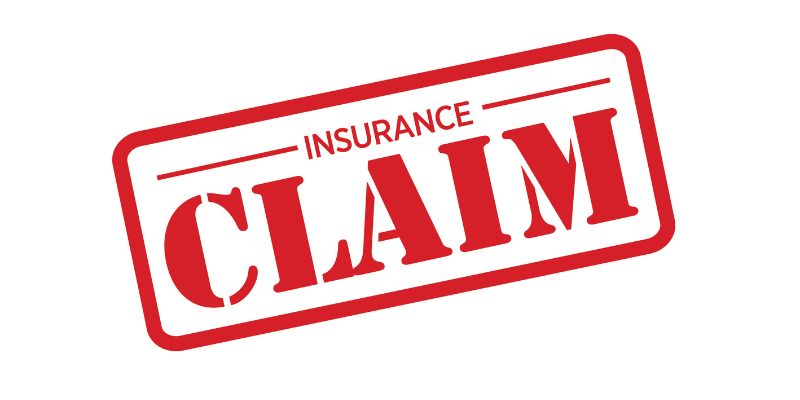


Filing an Insurance claim refers to when you request your insurer to compensate you for a covered loss. Your insurer can either validate or deny the claim. If your insurer approves the claim, they can pay you or an approved, interested party. Insurance claims comprise everything from routine medical exams on your health plans to death benefits on your life insurance plan. It's important to note that, in some cases, a third party can file a claim on behalf of the individual listed on the insurance policy (named insured). Here's a detailed guide to filing an insurance claim.
Insurance claims are meant to protect policyholders against financial losses. As a policyholder, you pay premiums as part of the insurance contract between you, as the insured party, and your insurer. Commonly, insurance claims involve medical services and goods, liability for owning dwellings (renters, landlords, and homeowners), and liability emanating from operating automobiles.
When it comes to causality and property policies, regardless of who is responsible and the scale of the accident, the number of claims you file impacts your insurance rates. Typically, the more insurance claims you make, the more your premiums will hike. Your insurer can, in some cases, deny you coverage if you make too many claims.
If you file a claim due to property damage that you caused, your rates will likely rise. Conversely, if you didn't cause it, your rates won't likely increase. However, mitigating factors, such as your previous claims, past speeding tickets, and how often natural disasters occur in your area can increase your rates even if you're not at fault for the latest claim.
When it comes to claims that impact your insurance premiums, all claims aren't treated equally. Claims due to slip-and-fall accidents, dog bites, mold, and water damage can signal future liability for insurance companies. Therefore, such claims can negatively impact your insurance rates and your insurer's willingness to provide you with coverage.
The way how your insurer will calculate your claim compensation will hinge on your type of insurance coverage as well as the terms of your policy.
For you to file a claim, you have to experience a loss or accident that requires a claims process. In this case, you're required to provide information and documents surrounding your loss to the claims representative.
After insurance claim filing, the claims department will assess your documents, and you might need to meet an insurance adjuster.
Once your claim details have been reviewed, your insurer's claims department can either deny or approve your claim. In some cases They can also demand more information.
If your insurer approves your claim, you'll receive compensation for your loss. Depending on your claim, your insurer can either compensate you directly or send the payment to the vendors involved, such as your car mechanic.
The length of time you'll have to wait for your claim payout will depend on:
For customized business, personal, and life insurance policies, contact us today at Spotlight Insurance Agency. We will answer your questions regarding your insurance and claims.